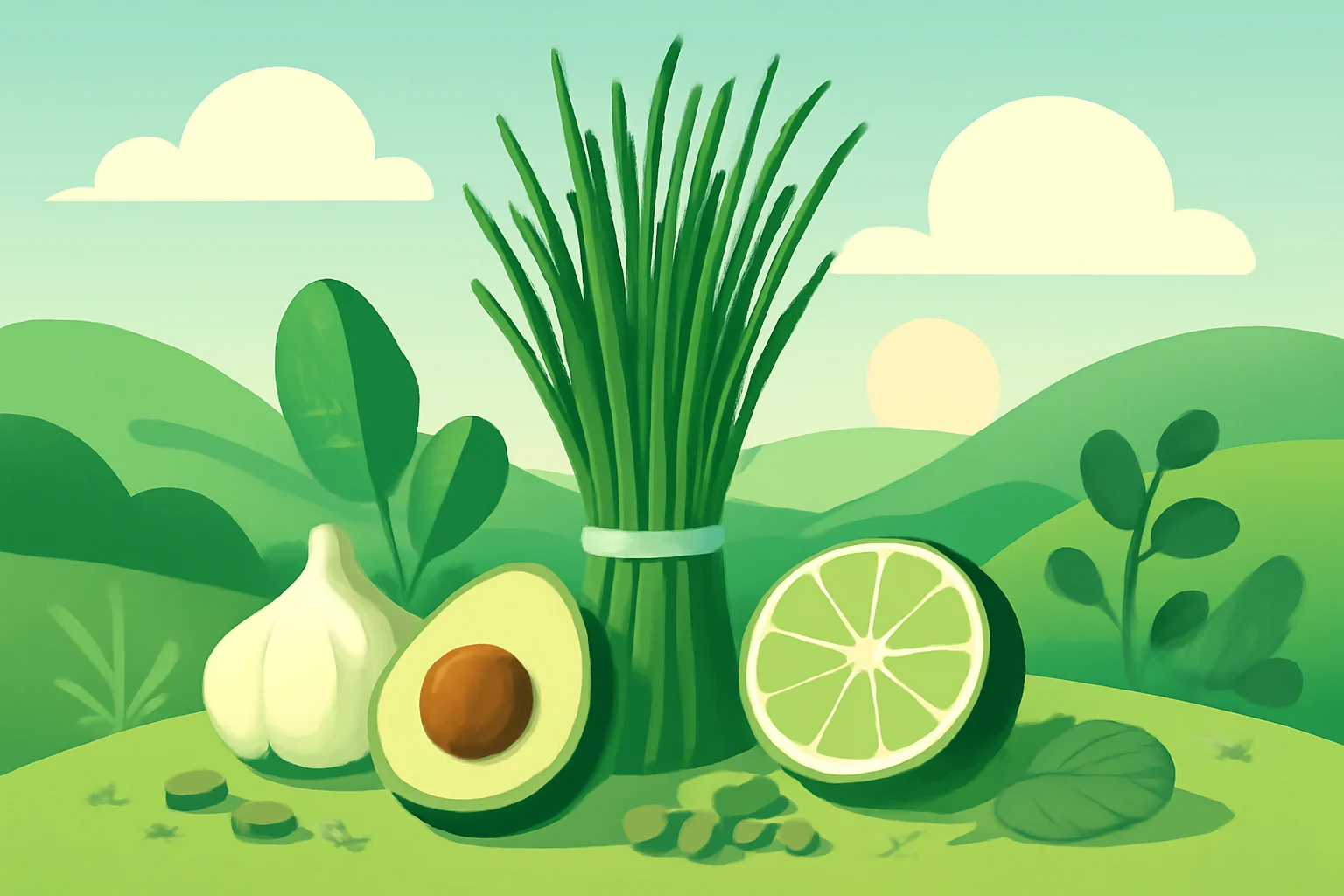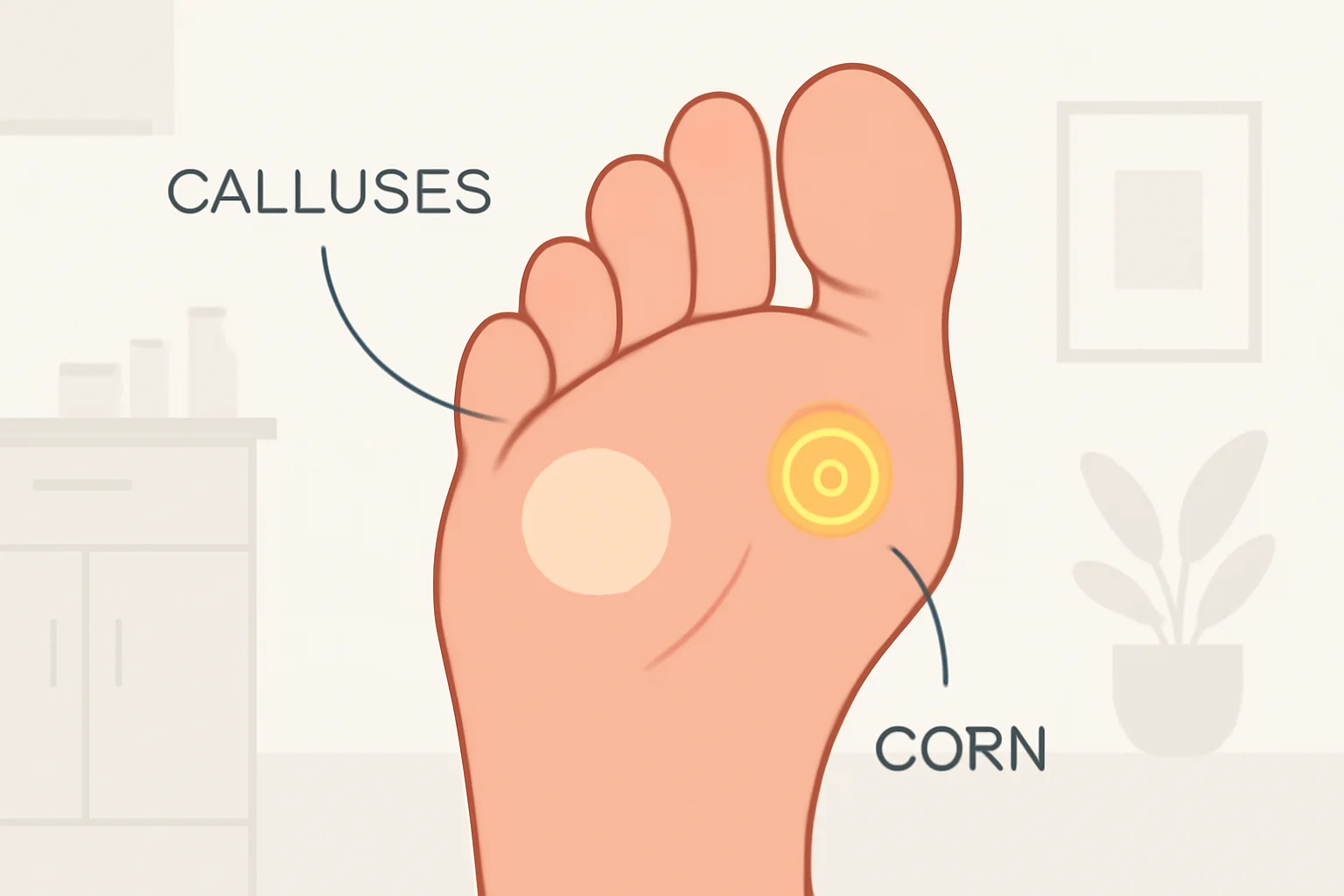
The Beneficial Effects of Chives on Our Health
The chives, also known as scallions, belong to the onion family and are a widely used herb that is popular not only for its flavor but also for its beneficial effects. Chives are rich in vitamins, minerals, and antioxidants, which contribute to maintaining health. People have been using natural remedies for thousands of years, and chives are no exception in this regard.
This tasty herb is not only found in the kitchen but also has numerous health benefits, making it worthwhile to incorporate into our diets. Chives are not only a delicious addition to dishes but also a nutritious and healthy choice. Below, we will explore the most important beneficial effects of chives and why it is worth consuming this special plant regularly.
High Nutritional Content
The nutritional content of chives is outstanding, which is why it is worth incorporating them into our diet. The plant is rich in vitamins, especially vitamin C, which acts as a powerful antioxidant. Vitamin C contributes to the proper functioning of the immune system, helps protect cells from free radicals, and stimulates collagen production, which is important for maintaining skin health.
In addition, chives contain significant amounts of vitamin A, which is essential for vision and skin health. The antioxidant properties of vitamin A help slow down skin aging and protect vision. Chives also contain vitamin K, which plays an important role in blood clotting and maintaining bone health.
Chives are also rich in minerals such as calcium, iron, and magnesium. Calcium is necessary for the health of bones and teeth, while iron is essential for the formation of red blood cells. Magnesium contributes to the health of muscles and the nervous system and supports normal metabolic processes.
These nutrients together ensure that chives are not only flavorful but also an extremely nutritious food that can help maintain everyday health.
Antioxidant Effects
One of the most important benefits of chives is their antioxidant effect. Antioxidants can neutralize free radicals, which can damage cells and contribute to the development of various diseases, including cardiovascular problems, cancer, and premature aging.
Chives are rich in flavonoids and polyphenols, which are natural antioxidants. These substances can help reduce inflammation, protect cells, and slow down aging processes. Regular consumption of chives may also contribute to heart health, as antioxidants help regulate blood pressure and lower cholesterol levels.
Additionally, chives have antibacterial and antifungal properties. These effects can help prevent infections and strengthen the body’s defense system. The combination of antioxidants and anti-inflammatory effects may help prevent the development of chronic diseases.
For these reasons, chives can be not only a tasty spice but also an important dietary supplement as part of a healthy lifestyle.
Beneficial Effects on Digestion
Chives also have significant effects that support digestion. The herb is rich in fiber, which promotes the health of the digestive system. Fiber helps regulate bowel movements, contributing to regular stool elimination and maintaining the balance of gut flora.
Moreover, chives positively affect stomach function. The herb stimulates the production of gastric juices, which aids in breaking down food and absorbing nutrients. Consuming chives can also be beneficial for digestive issues such as bloating and heartburn, as their anti-inflammatory properties gently support the digestive system.
Consuming chives can also help maintain the health of gut flora, which is important for a proper immune response and nutrient absorption. Regular consumption can help prevent gut problems and maintain overall digestive health.
Due to their beneficial effects on digestion, chives are not only a tasty spice but also a useful addition to the daily diet.
Strengthening the Immune System
The beneficial effects of chives on the immune system are remarkable. In addition to their rich vitamin C content, chives contain other important nutrients that help enhance the body’s defenses. Antioxidants, such as flavonoids, help reduce inflammation and cell damage, thereby strengthening the immune response.
Chives can also contribute to preventing infections due to their antibacterial and antifungal properties. Regular consumption can support the body’s natural defenses, which is particularly important during winter months when colds are more common.
Additionally, consuming chives can help reduce stress. Stress negatively affects the immune system’s functioning, so incorporating chives into the diet, along with stress management and relaxation techniques, can also have beneficial effects.
Therefore, chives should be included in daily nutrition not only for their flavor but also for their health-preserving effects. Regular consumption of chives can contribute to disease prevention and better well-being.
**Warning:** This article does not constitute medical advice. Always consult your doctor regarding any health issues.

